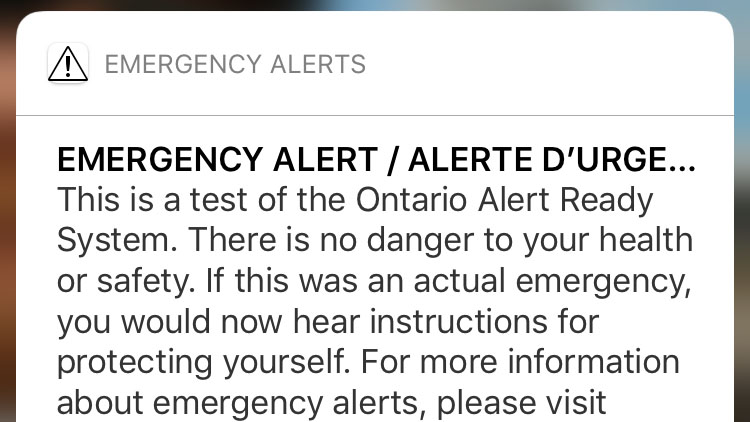Health officials urge Canadians to check on measles vaccination status before March Break travel
Posted March 4, 2024 2:29 pm.
With March Break travel on the horizon, health officials continue to urge Canadians to make sure their measles vaccinations are up-to-date.
It comes as the World Health organization notes an alarming increase in cases in Europe with some concerning cases in Canada as well.
“So there’s been two cases in Canada, one in Ontario, one in Quebec, where the person who was infected had no travel and no known exposures to someone with measles so that tells us that there are people walking around who are transmissible to others,” said Infectious Disease Specialist at Toronto General Hospital, Dr. Isaac Bogoch.
Due to the transmissibility of the airborne virus, Health Canada said 95 per cent of the population needs to be vaccinated to prevent community spread.
But the coverage has dropped and Dr. Bogoch warns it will find unvaccinated and under-vaccinated populations.
“I think we can’t ignore the tremendous disruption that the pandemic had. And many people, maybe, may have missed just a routine dose of a childhood vaccine for their children.”
And there may be another issue at play. “A second dose of the measles vaccine was added in 1996, so there may be some people out there who’ve only had one dose and think they’re fully vaccinated,” added Dr. Bogoch.
Toronto’s Associate Medical Officer of Health Dr. Allison Chris, is urging people to check their vaccination record card or check with their primary health care provider to ensure protection against what she calls, “one of the trickiest viruses we know.”
“One of the things that happens is it has a long incubation period. So, you could have been in contact with the virus a week ago and not show symptoms until a week later or even up to three weeks later. That’s why travel is a really important perspective of measles,” said Dr. Chris.
Toronto’s only case so far this year was linked to travel, an infant who had to hospitalized in February, highlighting a vulnerable population.
“The routine schedule for measles is to get a dose at 1 and a second dose between the ages of four and six … But there’s this gap of children who are under 12 months of age who don’t have that protection.”
Toronto Public Health is reminding parents that starting at six months old, infants are eligible for their first measles vaccine if they will be travelling with that first shot providing 85 to 95 per cent protection.










